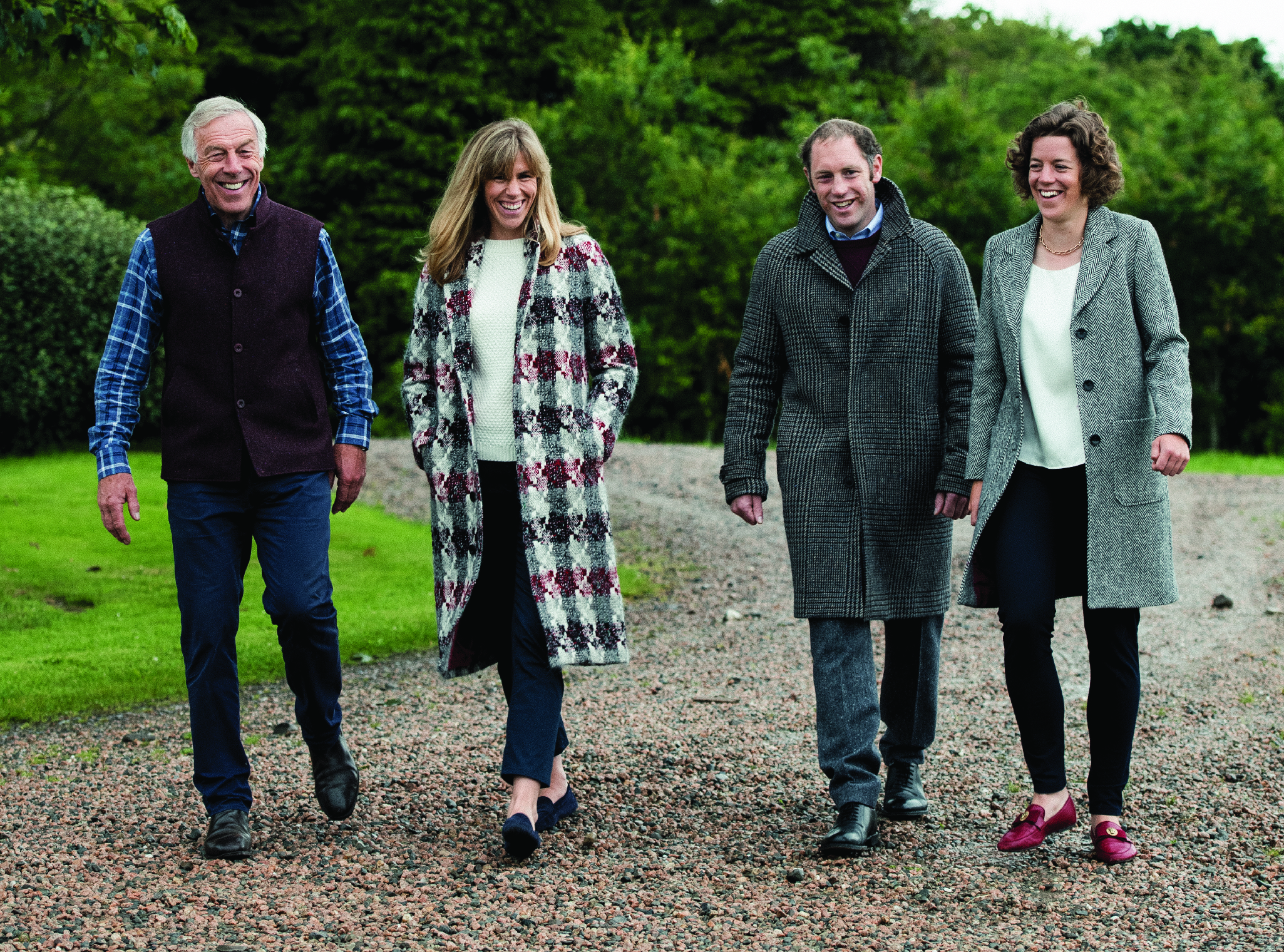While many brands in the luxury sector have rebounded from their pandemic losses in record time, the mid-market sector have seen countless casualties. The resilience of heritage brands, however, offers some optimism for the future of retail. Rosy Temple, CEO of Magee 1866 Clothing & Retail – as heritage a brand as it gets – has cause for quiet confidence. Founded by “cousin” John Magee over 150 years ago, Temple is a fifth-generation scion in an Irish business that combines weaving, wholesale and retail. She works alongside her sister Charlotte, the design director, and brother Patrick, CEO of Magee Weaving. The…
Cancel at any time. Are you already a member? Log in here.
Want to read the full story?
Unlock this article – and everything else on The Currency – with an annual membership and receive a free Samsonite Upscape suitcase, retailing at €235, delivered to your door.

